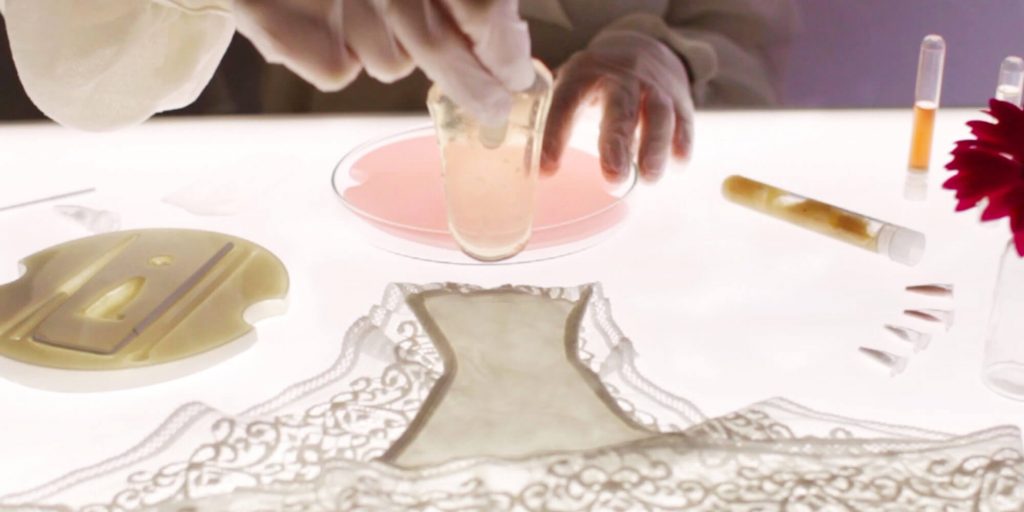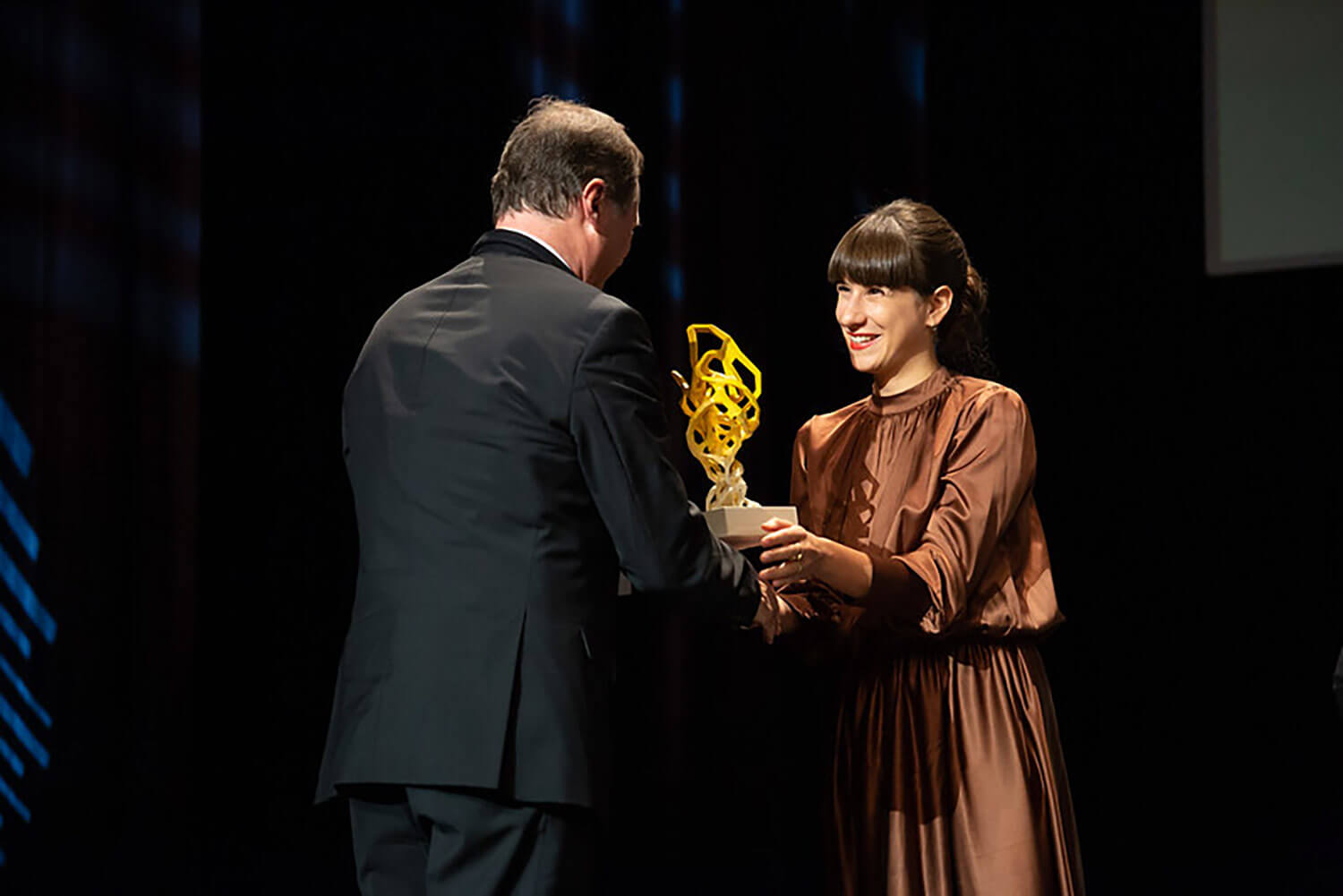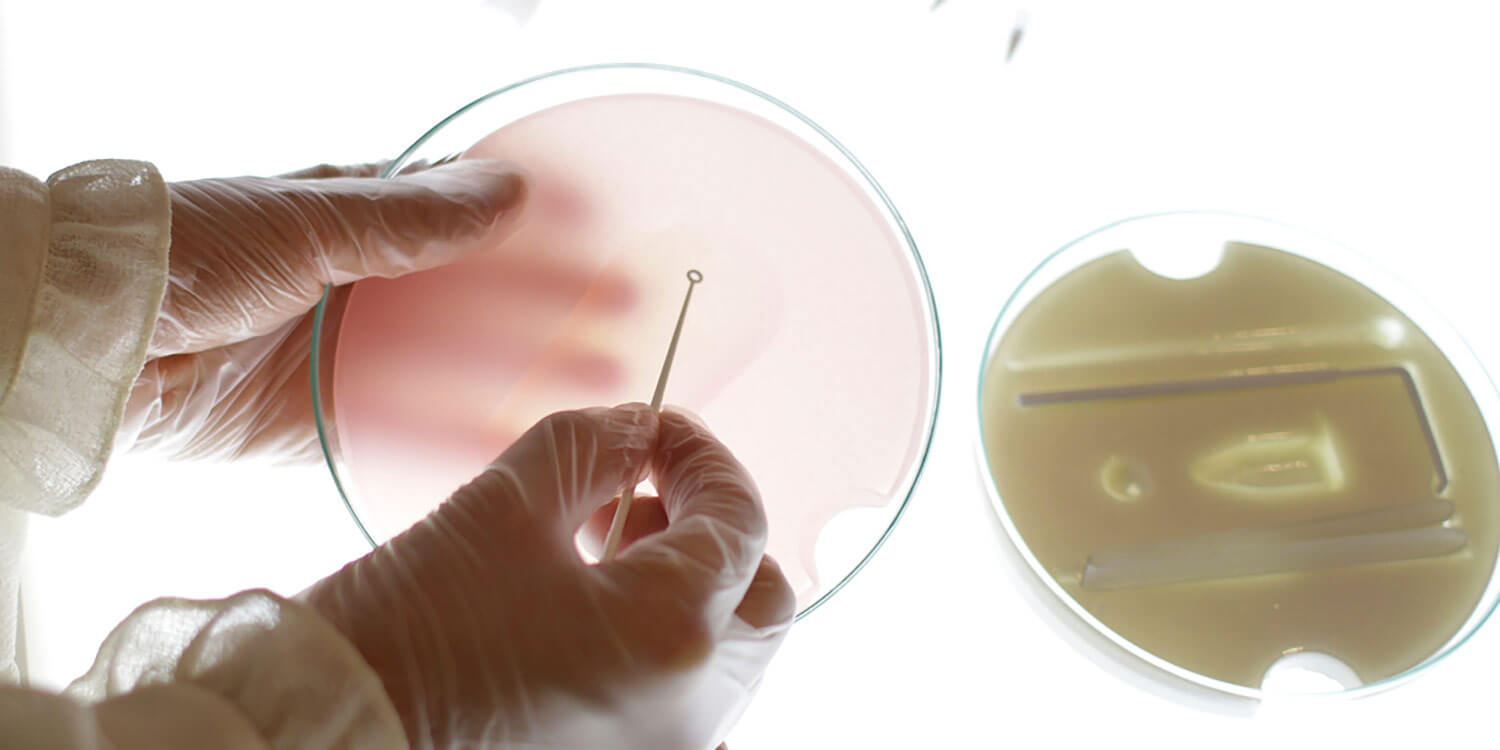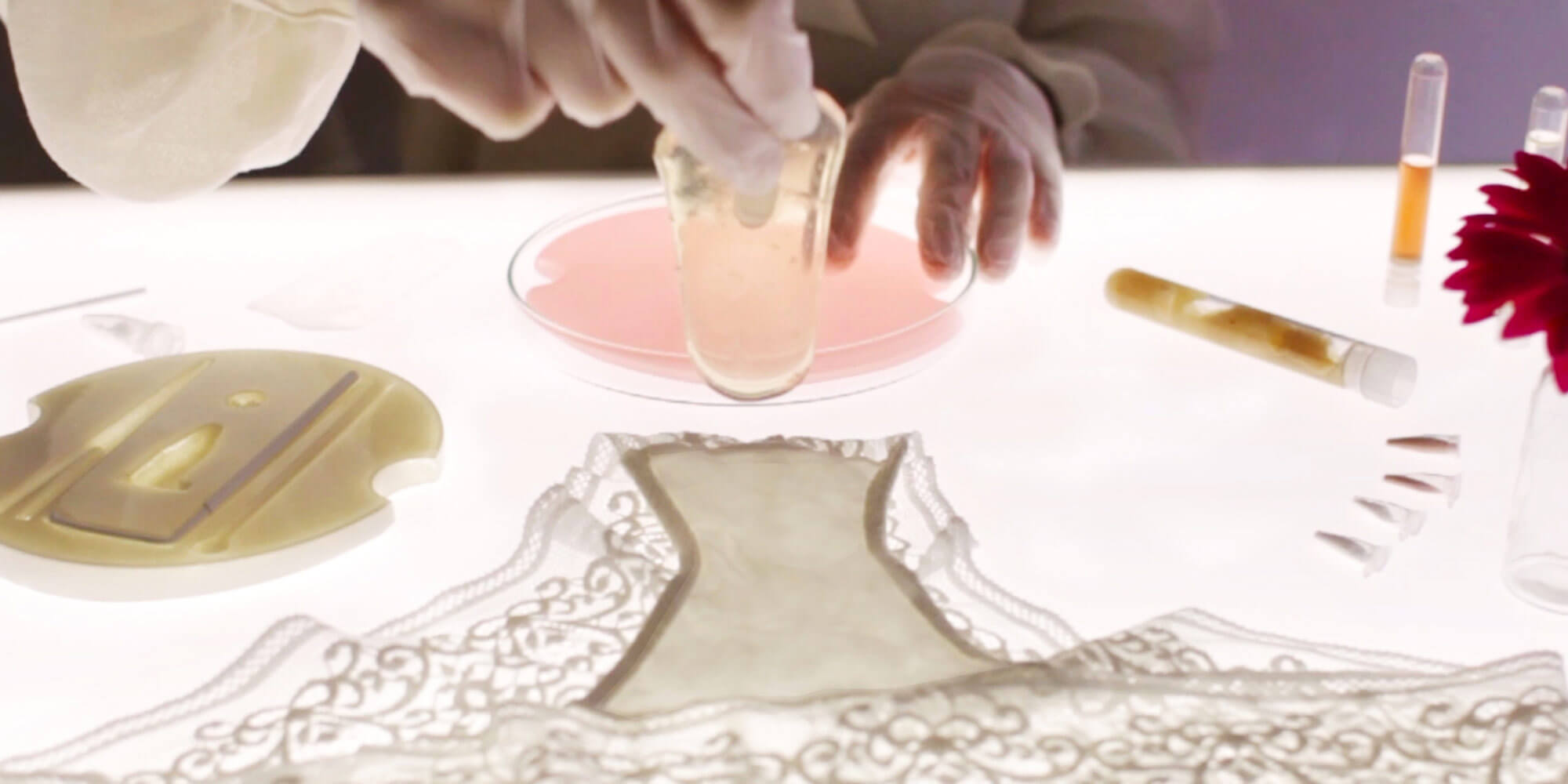Empowerment and Self-Care: Designing for the Female Body
The designer Giulia Tomasello (Winner of STARTS Prize) published recently a chapter in collaboration with the researcher Teresa Almeida.
In this chapter, they discuss how design, at the intersection of science and technology, is uniquely situated to address women’s intimate care and contribute to revolutionize practices within the female body.
Everyday practices that are conducive to mitigating health disparities and promote well-being throughout the life course are needed, as much as advancements in the design of tools and services that highlight our relationship to the body are crucial to shape our place in society. Knowledge that was once inaccessible and technologies that were institutionally bound are today being challenged by the rise of citizen science, do- it-yourself (DIY), and open source approaches. These are community-oriented viewpoints that emphasize active participation as alternative to gathering and generating data, e.g., about ourselves, our bodies, or the environment. This data have the potential to disrupt, e.g., institutional care, and to promote self-care, which in turn create opportunities for change. Knowledge available about women’s and men’s bodies is disproportionate, and that knowledge, or lack thereof, is actively produced.
In building on this, Giulia and Teresa argue that knowledge available to women is lacking. It is therefore urgent to challenge traditional forms of engaging women in understanding their bodies. New methods are required that value self-care.
They start by reviewing feminist theories that underpin our woman-centered approaches to designing materials that promote bodily awareness, inviting women to become embodied knowers. In addition, Giulia and Teresa discuss the design of a series of toolkits as mediums to engender conversations and break taboos. Their exemplars include DIY alternative biological practices that embrace domestic remedies through playful hands-on interventions with electronic textiles and digital applications. This is a suite that aligns with design inquiries concerned with addressing the body as a future lens for innovating in intimate technologies. They configure woman as an active participant, and her (taking) action is at the fore of our quest to design systems that promote agency, autonomy, and knowledge.
> The chapter was published in the book “Crafting Anatomies: Archives, Dialogues, Fabrications”, edited by Katherine Townsend, Rhian Solomon, Amanda Briggs-Goode, and published by Bloomsbury.
Discover also more about Giulia Tomasello’s work. Consult the work “Future Flora” HERE, winner of the STARTS Grand Prize for Artistic Exploration, in 2018.







